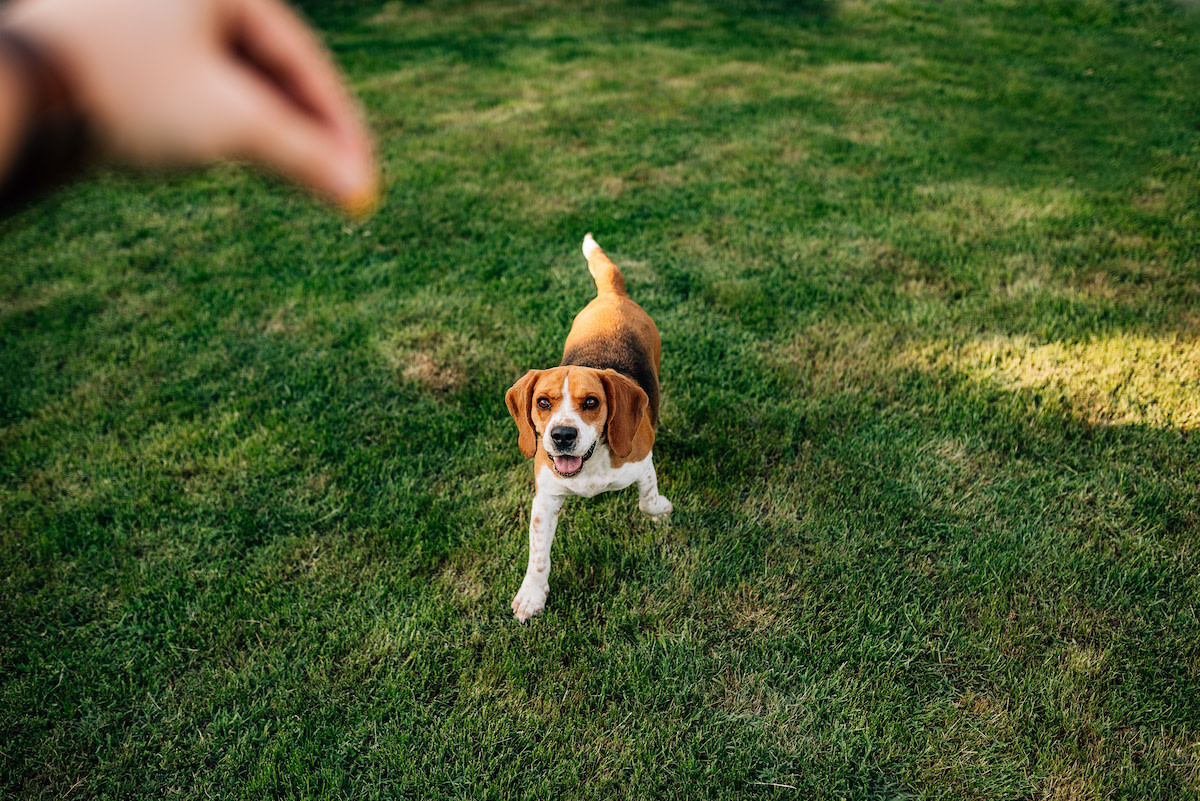Can Dogs Eat Saltine Crackers? 3 Risks of Eating Salt
Written by MasterClass
Last updated: Jun 1, 2022 • 2 min read
Saltine crackers with dabs of peanut butter can be tasty occasional dog treats for your furry friend; however, too many of these salty carbohydrates can be bad for canine companions in large quantities. Read on to learn the connection between saltine crackers and a dog's health.
Learn From the Best
Can Dogs Eat Saltine Crackers?
Dogs can consume small amounts of saltine crackers or sodium crackers, but these snacks rarely add significant nutritional value to a typical dog food diet. Avoid feeding your pet goldfish crackers, baking soda crackers, or unnecessary gluten products.
Large amounts of human snacks with a lot of salt or carbs could cause your pet to become thirsty or dehydrated while also increasing the chance of weight gain and obesity-related health issues.
3 Signs Your Dog Has Overeaten Salt
Salty foods can tempt your pet but might cause a dog harm. Watch for these common signs of a salt overdose and seek help immediately if you observe any of these reactions in your dog:
- 1. Dehydration: Excessive salt can cause a dog's cells to dehydrate rapidly. Severe dehydration can lead to visible lethargy, confusion, and other detrimental neurological effects as a result of brain swelling. Your dog might also experience muscle cramps and joint stiffness due to high sodium levels in its system.
- 2. High blood pressure: High salt levels in your dog's blood (hypernatremia) can lead to high blood pressure. Elevated blood pressure can be hazardous if your dog suffers from anemia (the condition of having too few red blood cells in circulation). If your pet has naturally high blood pressure, refrain from feeding them salty foods and consider switching them to a low-sodium dog food.
- 3. Sodium ion poisoning: Your dog's consumption of large amounts of salty foods or coarse salt can lead to elevated sodium levels in your pet's bloodstream. Other names for an extremely high sodium imbalance include salt toxicity or salt poisoning. This condition can cause severe gastrointestinal issues, muscle tremors, heart attacks, and, in some cases, death. If your pet shows signs of sodium ion poisoning, rush them to your local veterinarian as soon as possible so they can receive fluids intravenously and other life-saving treatments.
Can Dogs Eat Graham Crackers?
While graham crackers often contain less sodium than other crackers, including saltine crackers, graham crackers are bad for dogs if they contain even small amounts of chocolate or xylitol. A hazardous compound for dogs, xylitol is a natural sweetener and preservative in human foods like peanut butter and other commercial foods.
Avoid feeding graham crackers to your pets to lower the risk of xylitol toxicity, which can cause seizures and other life-threatening adverse reactions.
Before Sharing With Your Pooch
Certain human foods can cause adverse reactions in canines, so always consult your veterinarian to determine whether it is safe to add these foods to your pet’s diet. This article is for educational and informational purposes and is not a substitute for medical or dietary advice.
Want to Learn More About Training the Goodest Boy or Girl?
Your dream of having a dog who understands words like “sit,” “stay,” “down,” and—crucially— “no” is just a MasterClass Annual Membership away. The only things you’ll need to train up a well-behaved pup are your laptop, a big bag of treats, and our exclusive instructional videos from superstar animal trainer Brandon McMillan.
